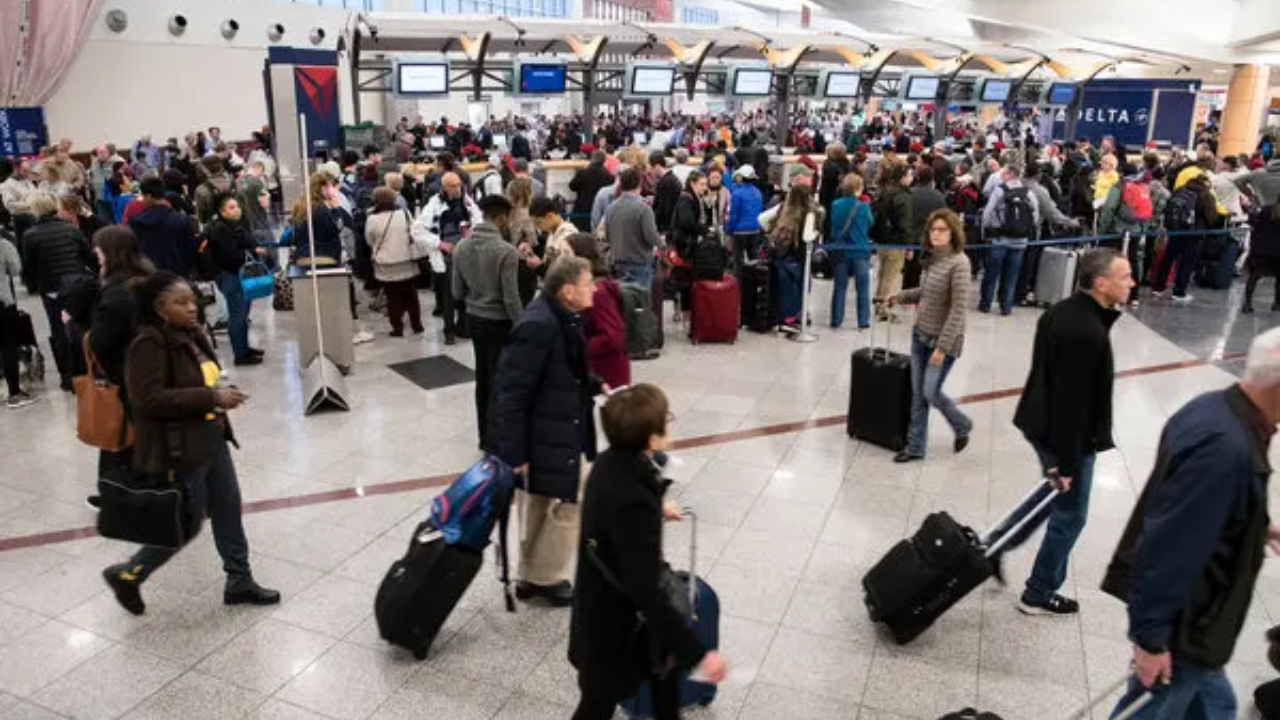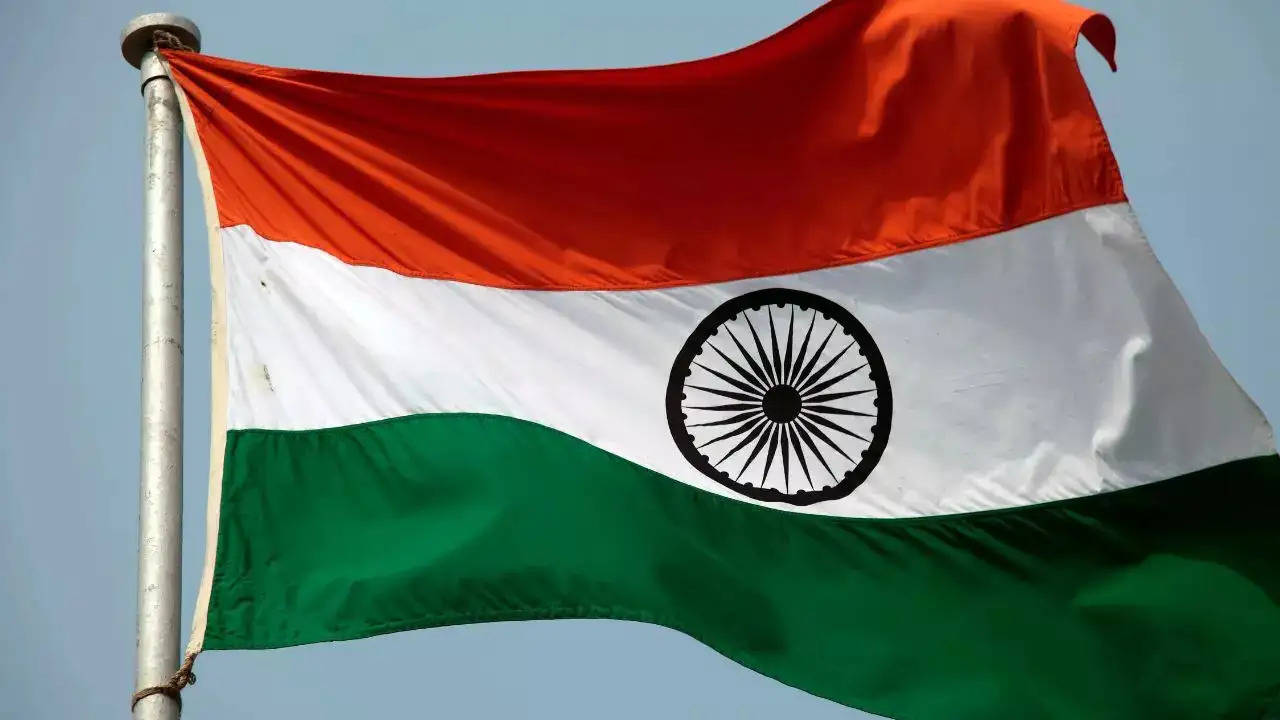China Tests Strategies To Counter Starlink Satellites Amid Taiwan Tensions

Join our WhatsApp Community to receive travel deals, free stays, and special offers!
- Join Now -
Join our WhatsApp Community to receive travel deals, free stays, and special offers!
- Join Now -
Starlink, SpaceX's satellite network designed to deliver affordable internet to remote areas, may not be as secure as believed. A group of renowned Chinese scientists recently simulated a space mission aimed at targeting the massive satellite constellation, according to the South China Morning Post.
Results from the computer simulation showed that China could effectively approach nearly 1,400 Starlink satellites within 12 hours using just 99 Chinese satellites. These could be equipped with lasers, microwaves, and other devices to conduct reconnaissance, tracking, or other operations.
Also Read | Ivanka Trump Opens Up About Family's Jiu-Jitsu Journey In Rare Podcast Interview
"The potential military application value of the Starlink megaconstellation has been highlighted in the Russia-Ukraine conflict. In recent years, the militarisation of space has intensified, posing a significant threat to China's space security. It is particularly important to track and monitor its operational status," wrote the project team led by Wu Yunhua, director of the aerospace control department at Nanjing University of Aeronautics and Astronautics. Their peer-reviewed paper was published on January 3 in the Chinese academic journal Systems Engineering and Electronics.
Also Read | IIT Bhilai Unveils Anti-Fraud Device, Aiming To Secure UPI, E-Commerce, And Banking
According to SCMP, SpaceX, founded by Elon Musk, has launched more than 6,700 Starlink satellites and is expected to increase that number into the tens of thousands in the coming years.
According to Space.com, Starlink satellites have a lifespan of approximately five years, and SpaceX eventually hopes to have as many as 42,000 satellites in this so-called megaconstellation.
What's Your Reaction?
 Like
0
Like
0
 Dislike
0
Dislike
0
 Love
0
Love
0
 Funny
0
Funny
0
 Angry
0
Angry
0
 Sad
0
Sad
0
 Wow
0
Wow
0



















































